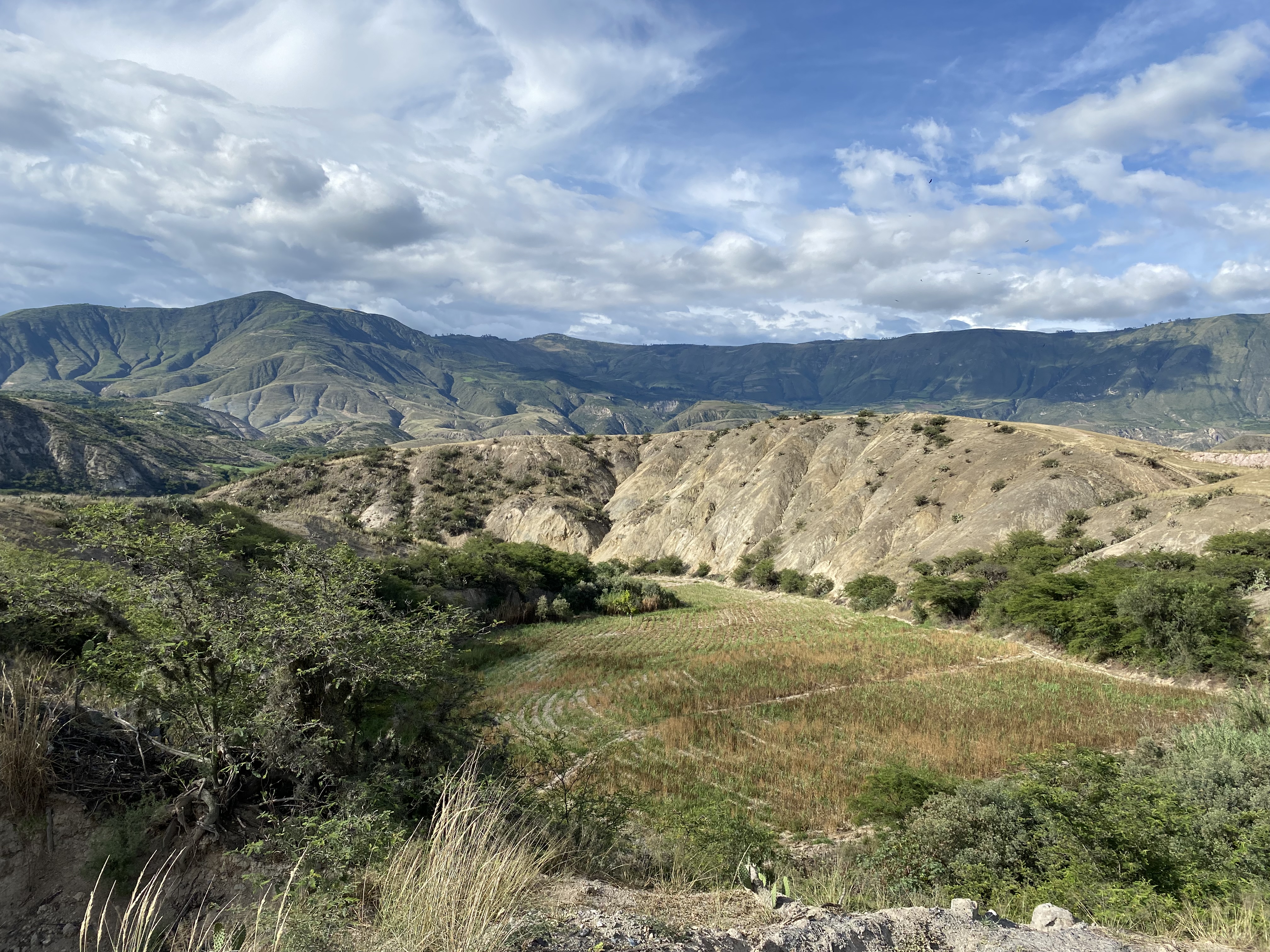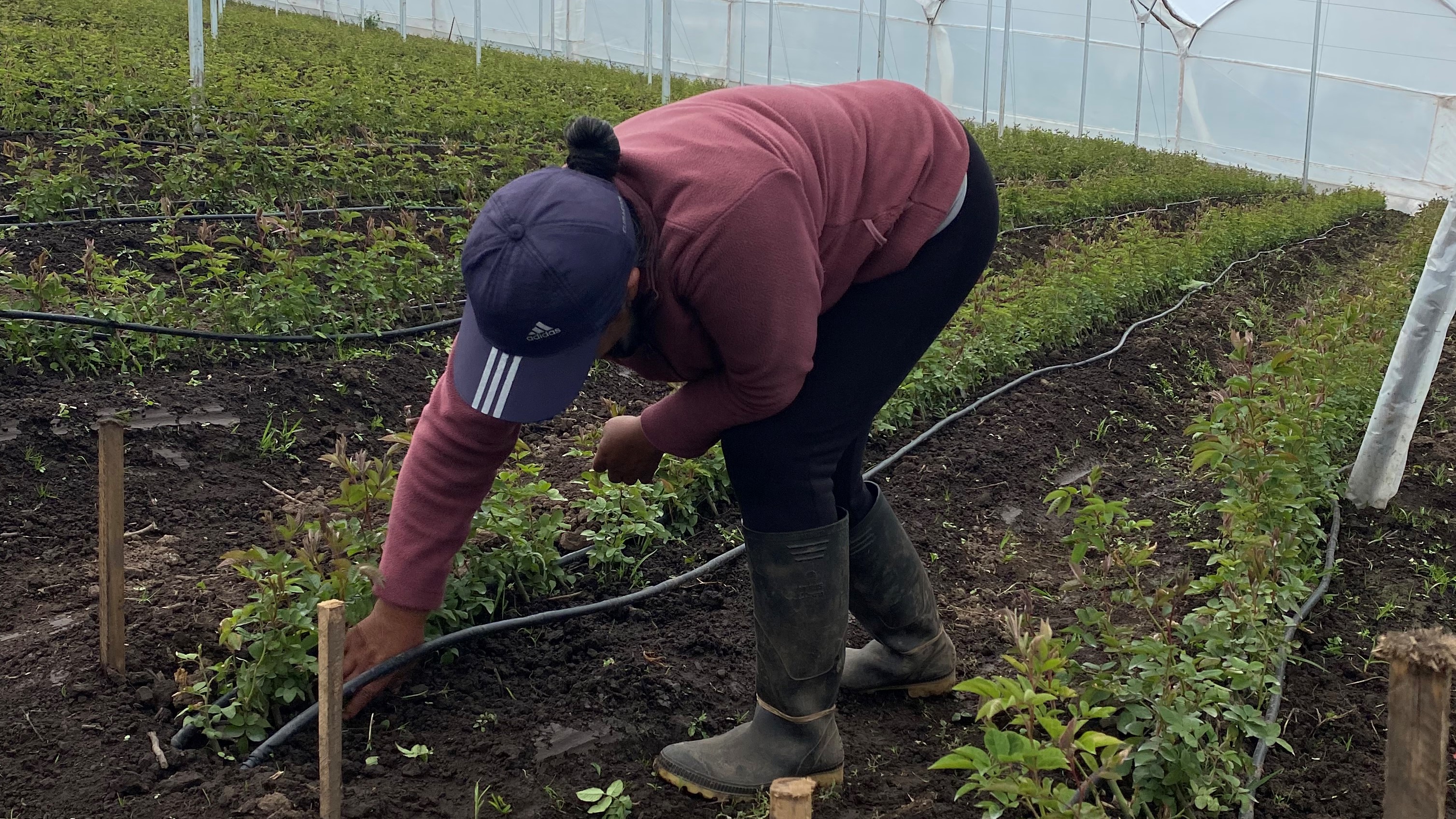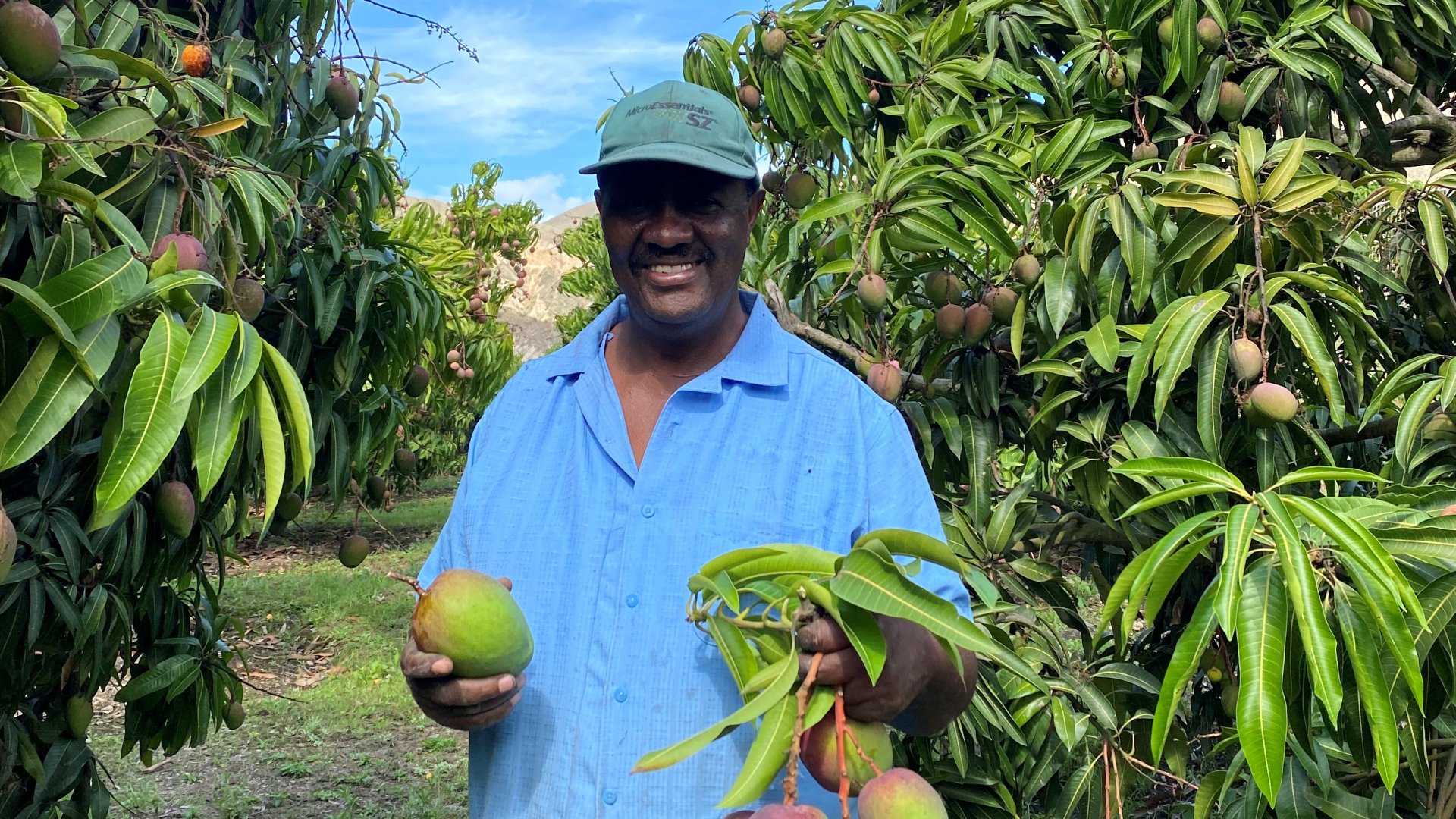Developing a credit line for climate-smart investments
Financoop is a central cooperative that acts as a common reserve for a total of 135 financial cooperatives in Ecuador. The institution provides investments and financial services to other financial cooperatives that serve local smallholders, who make up a large part of Ecuador's population.
The DFCD supports the organisation in setting up a so-called green credit line that will finance smallholders’ investments improving their resilience to the effects of climate change in the most affected areas of Ecuador. Financoop’s new credit line with a target size of US$ 50 million will contribute to the overall environmental sustainability of agricultural practices in the country.
The project has been put forward by the World Wide Fund for Nature Netherlands (WWF-NL) which, together with SNV Netherlands Development Organisation, manages the DFCD’s Origination Facility to develop new projects. WWF-NL signed a €235,000 grant funding contract with Financoop.

Little access to capital
Ecuador relies heavily on the agricultural sector, with nearly 20 percent of its 15.5 million population depending on the sector as their main source of income, according to numbers of the United Nations. Most farmers are smallholders who own on average two hectares of land. They tend to have little or no access to formal credit. This limits their capacity to invest in the technologies and inputs they need to increase their yields.
This also means they have little money to adapt to the impact climate change has on their farms. More frequent periods of droughts, pests, and flooding are harming their crop yields. From fruit like avocados and mangos to flowers and cattle: all smallholders are battling climate change. The World Bank Group names mitigation and climate adaptation in the agriculture sector as a big part of the solution to climate change.
Implementation in the Sierra region
Through its engagement with its member cooperatives, Financoop sees a growing demand for credit to finance climate-smart agricultural practices and equipment. A survey that was answered by 80% of the associates, showed that 84% of the respondent cooperatives are interested in and see the added value of special loans to finance such investments.
In 2020, the financial institution set up a pilot to test new agricultural financing focused on adaptation to climate change. This resulted in the disbursement of US$ 5 million in loans to three member cooperatives.
After the successful pilot, Financoop is now planning to expand financing 10 savings and credit cooperatives in the Sierra region. It will provide them with a credit line of US$ 10M to finance approximately 2700 smallholders' transition to climate-smart agriculture. It will also provide technical assistance to the cooperatives.
Once this is successfully completed, all cooperatives across the country will be able to use the credit line. This way, they can help smallholders like Don Fabian, who has a mango farm of ten hectares. With the loan, he would be able to expand his business, purchase some cattle and biofertilizer.

Technical assistance
Besides providing sustainable credit, Financoop also provides technical assistance to the cooperatives. One of Financoop's key roles is to support its member cooperatives with direct technical assistance or through external consultants to strengthen their management. This includes commercially defining the product, training cooperatives' staff in the basic concepts of green credit and its reporting process and teaching them the importance of overall climate change adaptation and mitigation risks. This way, the financial cooperatives can help smallholders to obtain the right credit and implement their sustainability efforts like better seeds, irrigation systems, and machinery.
DFCD's grant support will be used to implement the green credits at ten member cooperatives to fine tune the new financial offering and strengthening its technical support. Financoop will also work on a monitoring system that allows it to monitor how cooperatives use the credit line: for what kind of investments do smallholders seek access to credit? This way, best-practices can be distinguished.
Once this work has been completed, Financoop will expand the Green Credit Line nationwide by increasing its size to US$ 50 million, financed by an US$ 40 million equity investment from Financoop and potentially a US million loan from the DFCD.
Key Impact Metrix
- Hectares of farmland under sustainable management improving resilience to climate change:
- Costa 20% (5.600,00 has)
- Sierra 70% (19.600,00 has)
- Oriente 10% (2.800,00 has)
- Total: 28.000,00 has
- Estimate number of beneficiaries at project maturation: 14,000 agricultural producers in 5 years
Fabricio de Campos, Regional Lead WWF DFCD Latin America:
"Small farmers are highly dependent of ecosystems services, like weather, water, pollinators and natural predators, services that already are being disrupted by climate change. Helping and financing Ecuadorian family farmers to increase their resilience through better seeds, efficient irrigation and biological inputs is crucial to fighting poverty, ensuring food security and social and economic stability in the face of the climate crisis."
Marín Luis Bautista Quispe, General Manager Financoop:
"Our mission is to work in coordination with our associates for the economy, society, and the environment. DFCD's support will allow us to provide tools for good agricultural practices, advice for an adequate credit rating and finance green credits."
About Financoop
Financoop is a second tier financial institution in Ecuador. Founded in 1999, it has a track record in managing national and international funds. Its proper management is reflected in the AA + risk rating (provided by PCR), which indicates it is a solid financial institution with a good performance track record.
Contact
For more information, Fabricio de Campos, Regional Lead WWF DFCD Latin America at fabriciocampos@wwf.org.br.

